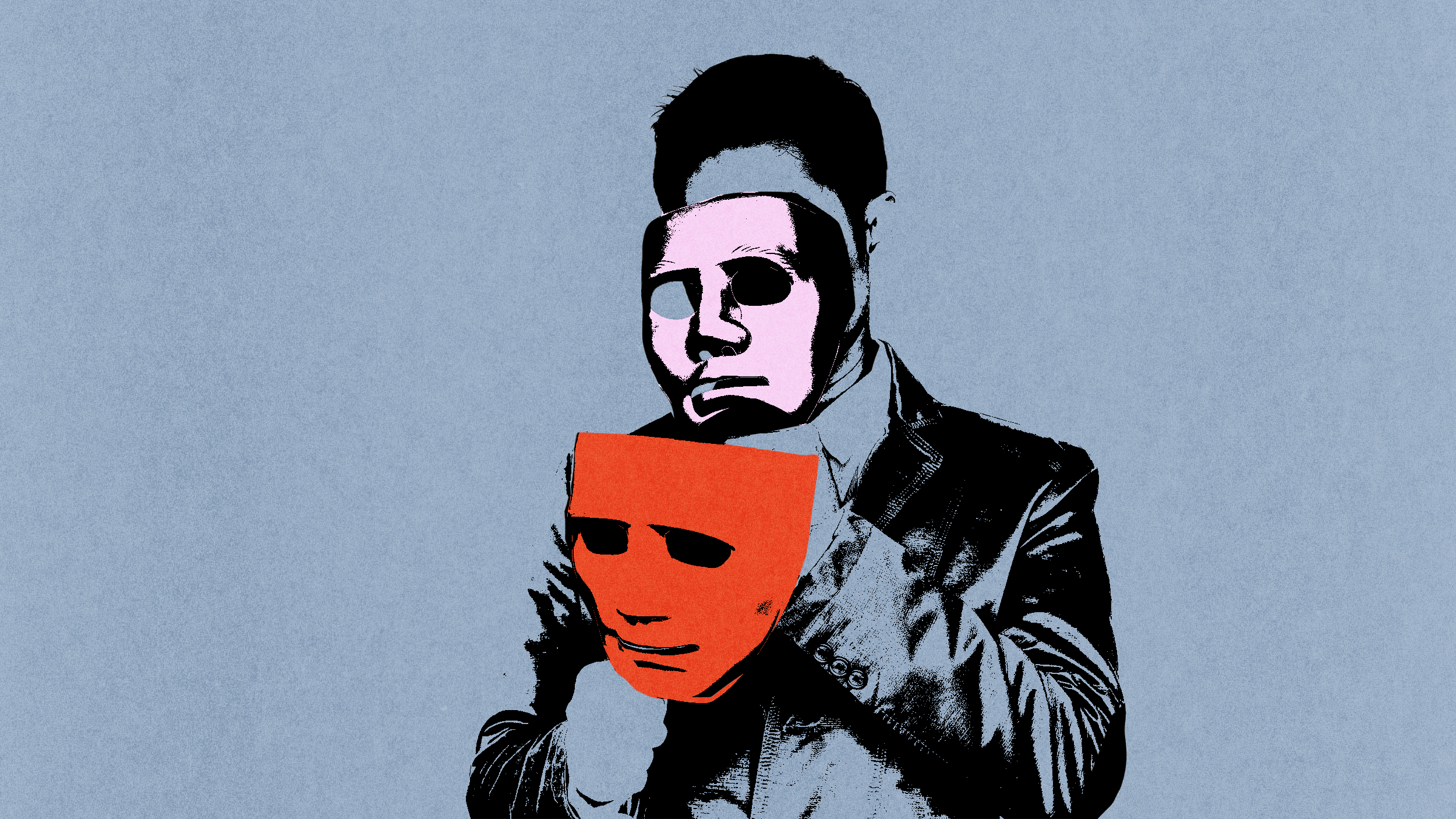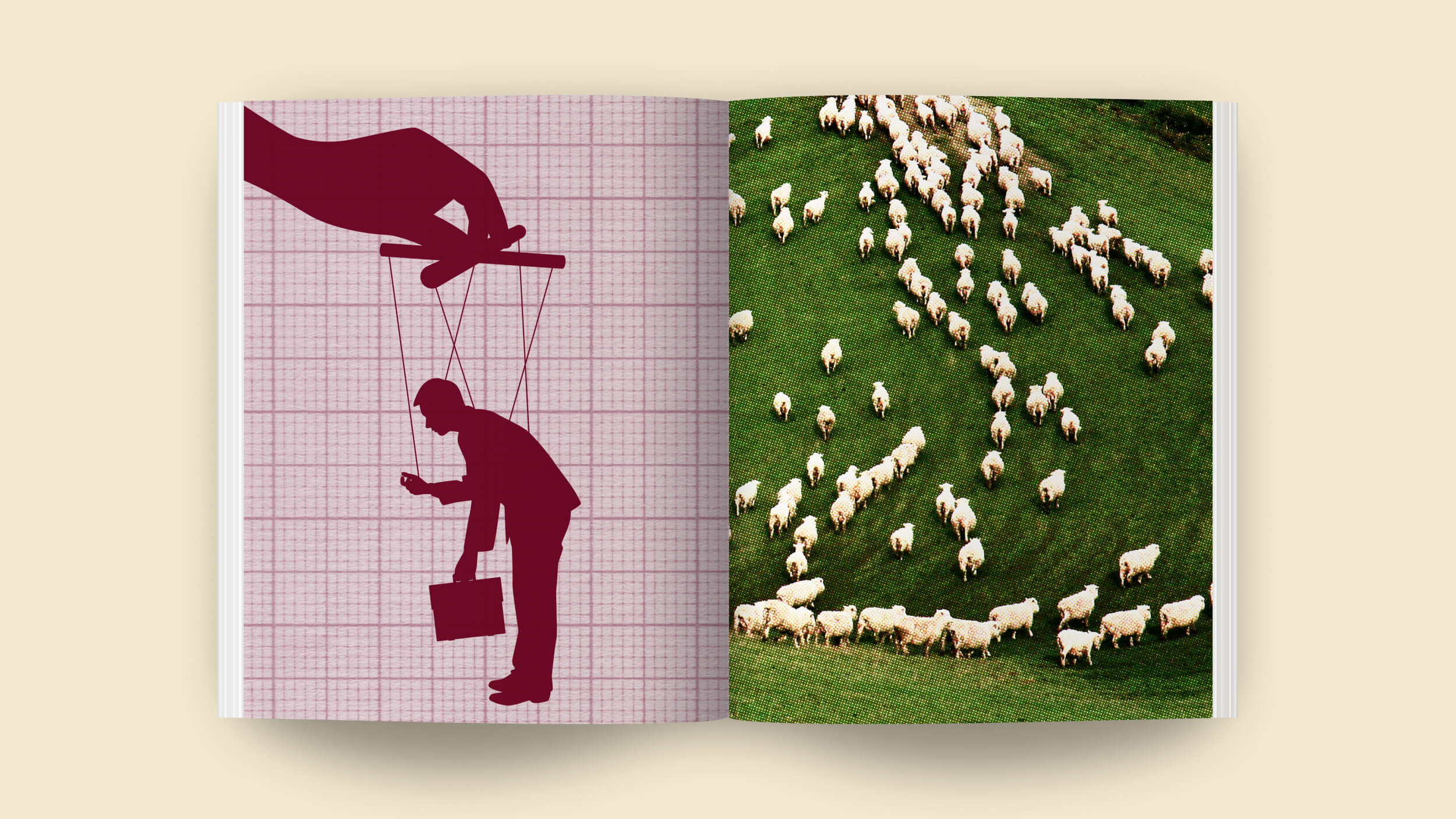Hudis was inspired his mentor at Sloan Kettering, Larry Norton.
Question: Where should medical philanthropy focus most?
Clifford Hudis: Well, this is a very tough question because it really goes to where do you put your philanthropy and to what is your overall goal, and we talked a little bit about what the biggest health care needs are in the world and some of that money needs to go to helping low income countries deal with basic health issues. If you want to frame the question more narrowly: “You have $100 billion to spend and it’s confined to the developed world where cancer is a challenge, where would you put it?” And I would spread it very liberally across the spectrum from clinical trials back to laboratory science, and I say that because we need help everywhere. On the laboratory science side right now, only a very small minority of new grants are fundable. On the clinical research side, we have a financial disincentive to participate in clinical research. The average doctor in private practice makes a financial sacrifice each time they put a patient on study and I don’t love that we have a system that disincentivizes us from doing the right thing, which is studying patients. I would use some of that money to put an infrastructure out there that made it revenue neutral for example to participate in clinical trials. I would have an infrastructure that would support the acquisition of tissue from all patients in studies, that funded the central repositories of that tissue, that allowed us to store it safely for study in the decades to come. We could spend $100 billion in about 15 minutes.
Question: What inspires you?
Clifford Hudis: It’s a really great question. I-- For me personally, my life story is even a bit unconventional. I was not somebody who grew up in a household particularly touched by cancer. I was privileged in many ways to have healthy, happy parents and a nice, stable home. I certainly was a hardworking student and I got into med school relatively young in life, so young that I personally even questioned whether that was the right career choice for me. What inspired me was a little later in my career when I was really training in internal medicine and I saw the oncology clinic at my institution for the first time and saw how dedicated the clinicians were to understanding the science and translating that science into meaningful advances for the patients. That I then chose to come to New York to Memorial Sloan-Kettering where I had the amazing good fortune of in my very first months of training getting hooked up with a newly hired faculty member who became my lifelong mentor. And that was Larry Norton who was really dedicated to solving the problem of breast cancer and has inspired me and many other at the time young--I’m not so young anymore--investigators to pursue this. And so what inspires me, what drives me, is that tangible success seems right within reach. This is a disease that has been revolutionized over the last century. It is no longer even the horrible, disfiguring disease that it was a century ago. It is a disease as we’ve discussed where the majority of patients can expect a good outcome, a cure as it were, and it’s a disease that has yielded amazingly to enhance understanding of molecular biology with promise that even more will come. So what inspires me? What inspires me is the possibility that in the future people will either not have to worry about having breast cancer because it was relatively easily treated or not have to worry about having breast cancer because it will be truly prevented. These are all things that I think are amazing. They were science fiction years ago and they still are science fiction in some realms but there are really concrete benefits that are available today in more ways than people recognize.
Question: What are the stories of breast cancer survivors?
Clifford Hudis: Well, the-- I think this is a great question because it really opens up the broader issue of how we tell our stories. Breast cancer survivors: There’s not any one such thing. There are millions of them. They bring myriad life experiences to their situation. They bring complicated expectations. They bring nuanced understandings of the disease and its treatment and its meaning to them and even its transformative power. So they tell us all different things. I think that a universal would be everybody wants less toxic, less intrusive, easier to manage therapy with better outcomes, and that’s true not just of breast cancer survivors but everybody.





